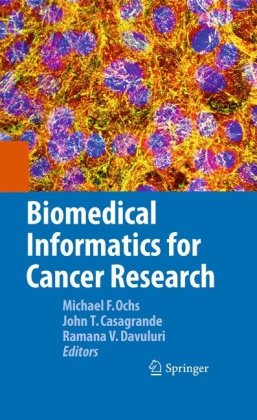

Most ebook files are in PDF format, so you can easily read them using various software such as Foxit Reader or directly on the Google Chrome browser.
Some ebook files are released by publishers in other formats such as .awz, .mobi, .epub, .fb2, etc. You may need to install specific software to read these formats on mobile/PC, such as Calibre.
Please read the tutorial at this link: https://ebookbell.com/faq
We offer FREE conversion to the popular formats you request; however, this may take some time. Therefore, right after payment, please email us, and we will try to provide the service as quickly as possible.
For some exceptional file formats or broken links (if any), please refrain from opening any disputes. Instead, email us first, and we will try to assist within a maximum of 6 hours.
EbookBell Team

5.0
88 reviewsIn the past two decades, the large investment in cancer research led to identification of the complementary roles of genetic mutation and epigenetic change as the fundamental drivers of cancer. With these discoveries, we now recognize the deep heterogeneity in cancer, in which phenotypically similar behaviors in tumors arise from different molecular aberrations. Although most tumors contain many mutations, only a few mutated genes drive carcinogenesis. For cancer treatment, we must identify and target only the deleterious subset of aberrant proteins from these mutated genes to maximize efficacy while minimizing harmful side effects.
Together, these observations dictate that next-generation treatments for cancer will become highly individualized, focusing on the specific set of aberrant driver proteins identified in a tumor. This drives a need for informatics in cancer research and treatment far beyond the need in other diseases. For each individual cancer, we must find the molecular aberrations, identify those that are deleterious in the specific tumor, design and computationally model treatments that target the set of aberrant proteins, track the effectiveness of these treatments, and monitor the overall health of the individual. This must be done efficiently in order to generate appropriate treatment plans in a cost effective manner. State-of-the-art techniques to address many of these needs are being developed in biomedical informatics and are the focus of this volume.